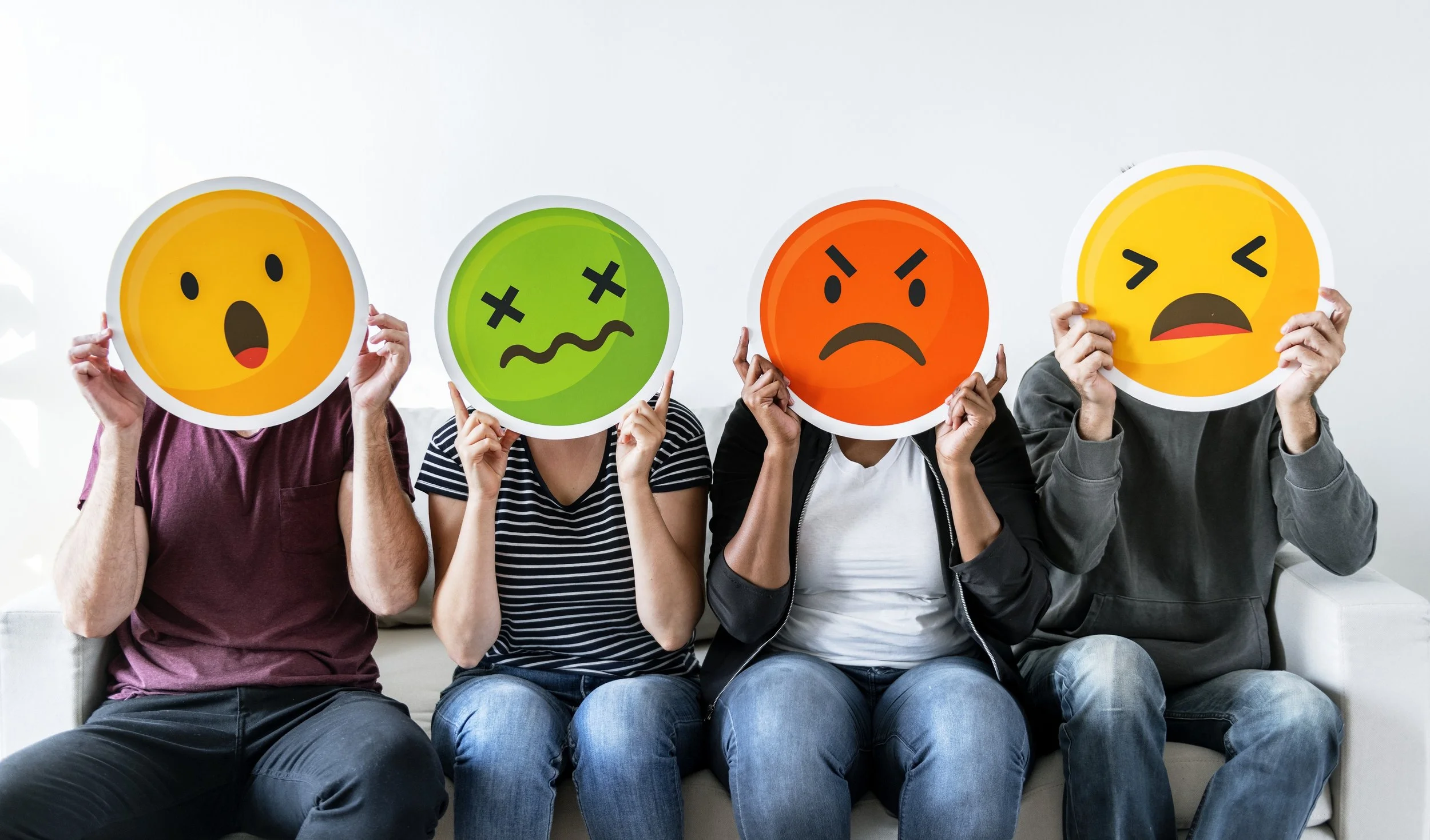True emotional healing involves undoing the mechanisms that keep us stuck in the patterns of negative self belief. This process often uncovers deeply buried emotions held in the body such as sadness, anger, and/or grief. It is not simply a matter of recognizing our negative beliefs; it requires a deliberate and compassionate journey toward transformation.
These emotions become embedded in both psychological patterns and physical sensations, and requires a healing approach that addressses the whole person, mind and body.





















